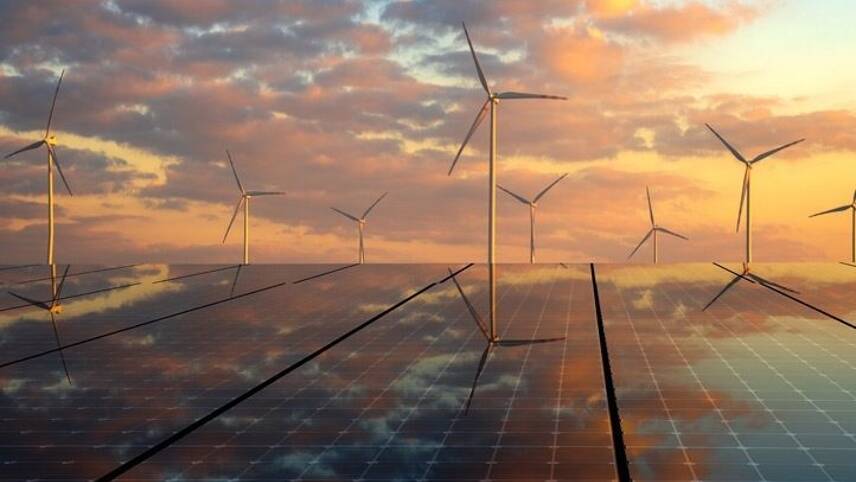Register for free and continue reading
Join our growing army of changemakers and get unlimited access to our premium content

At COP28 President Dr. Sultan Al Jaber unveiled the Global Decarbonisation Accelerator (GDA), which acts as a comprehensive action plan to steer nations toward the 1.5C pathway of the Paris Agreement by committing to dramatic clean energy scale-ups and reducing emissions from methane production.
The GDA is focused on three key pillars: rapidly scaling the energy system of tomorrow; decarbonising the energy system of today; and targeting methane and other non-CO2 greenhouse gases (GHGs).
Dr. Al Jaber said: “The world does not work without energy. Yet the world will break down if we do not fix energies we use today, mitigate their emissions at a gigaton scale, and rapidly transition to zero carbon alternatives. That is why the COP28 Presidency has launched the Global Decarbonization Accelerator.”
A total of 116 countries have signed up to the Global Renewables and Energy Efficiency Pledge, which will see them aim to triple global renewable generation capacity to at least 11,000 gigawatts and to double the global average annual rate of energy efficiency improvements from around 2% to more than 4% every year until 2030.
IRENA has long advocated for nations to commit to tripling the world’s renewable energy capacity and doubling energy efficiency by 2030 in order to keep 1.5C alive
Jennifer Layke, Global Energy Director, World Resources Institute said: “The widespread support for this declaration demonstrates that renewable energy has moved from the sidelines to center stage. Tripling annual renewable energy capacity over the next six years would be the single largest step the world can take toward achieving our global climate goals.
“Achieving this aim can reduce the need for countries to maintain old, polluting power plants and offers major knock-on benefits, including cleaner air, less use of fossil fuels and greater incentives to adopt energy-efficient electric vehicles and heat pumps.
“Wealthy countries must do much more to finance affordable renewable energy around the world. While renewables are the cheapest energy option for most people, high upfront costs and interest rates often put wind and solar out of reach for developing countries.”
Oil and Gas Decarbonisation Charter
Also unveiled by the COP Presidency was the Oil and Gas Decarbonization Charter (OGDC) – consisting of 50 companies and more than 40% of global oil production, all of which have committed to zero methane emissions and ending routine flaring by 2030, and to total net-zero operations by 2050 at the latest.
Additionally, 29 National Oil Companies (NOCs) have committed to the Charter – the largest-ever number of NOCs to sign up to a decarbonisation pledge.
More than $1bn will be delivered for methane abatement projects, with additional information to be released on 5 December at the COP28 Energy Thematic Day.
The GDA also features the launch of the Industrial Transition Accelerator (ITA), which will help accelerate decarbonisation across heavy-emitting sectors by implementing and setting up emissions-reduction projects.


Please login or Register to leave a comment.